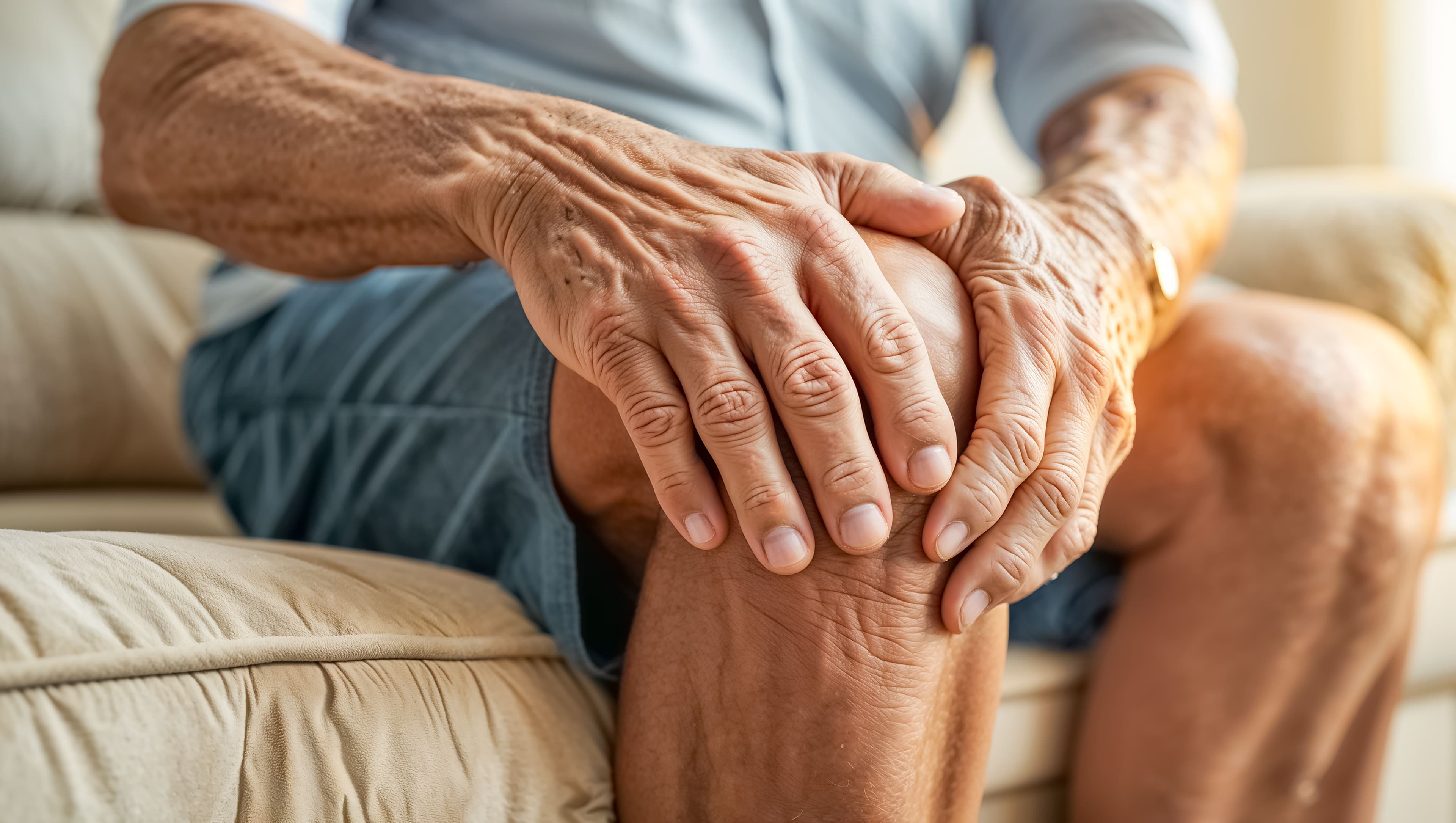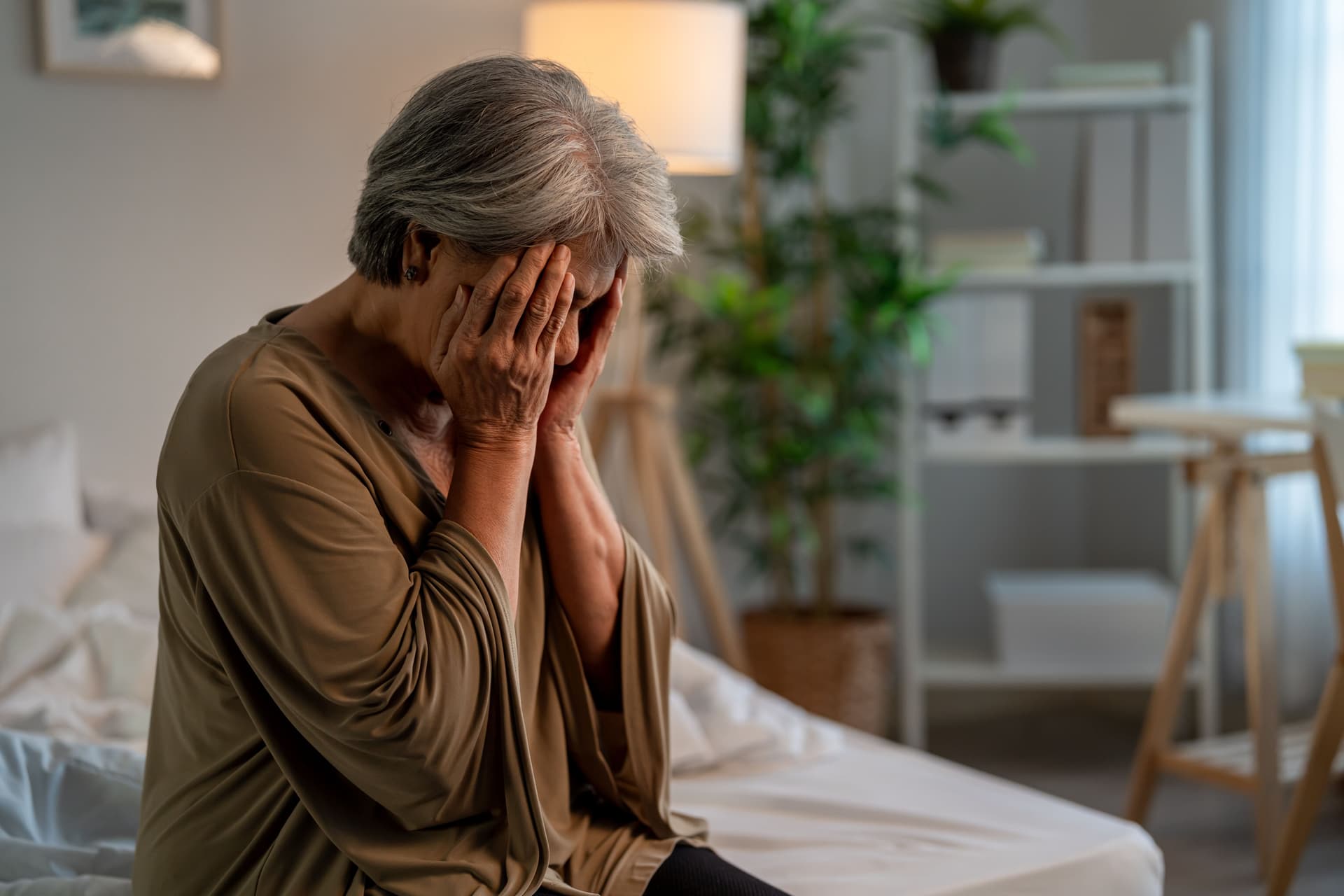
Nursing home abuse and neglect put vulnerable residents at serious risk, leading to malnutrition, dehydration, infections, and preventable injuries. When facilities fail to provide adequate care, residents suffer, and families are left feeling helpless. Lack of supervision, improper medical treatment, and unsafe conditions can result in devastating harm. Understanding the warning signs, knowing your legal rights, and holding negligent facilities accountable are crucial steps in protecting your loved ones. Learn how to take action and seek justice.
September 11, 2025
3 min
For families, placing a loved one in a nursing home is an act of trust. They believe the facility will provide care, safety, and dignity. Unfortunately, many discover too late that their loved one has suffered repeated injuries while in the facility’s care. A fall, a fracture, or even unexplained bruising may first be dismissed as an accident. But when these incidents happen again and again, it is a glaring red flag.
Recurrent injuries are rarely coincidental. Instead, they often reveal systemic neglect—patterns of understaffing, inadequate supervision, or a failure to correct known risks. Families deserve to understand why these repeated injuries happen, what the law requires of nursing homes, and what steps they can take to protect their loved ones.
Each injury to an elderly resident is serious, but repeated injuries multiply the harm. Seniors are already more fragile than younger individuals; a second or third fall can lead to catastrophic outcomes like hip fractures, head trauma, or permanent disability.
The consequences are not only physical. After repeated injuries, residents may become fearful of walking, eating independently, or even interacting with staff. This loss of confidence often leads to social withdrawal and rapid decline in overall health. Families, meanwhile, live in constant fear of another phone call from the nursing home, dreading the words, “Your loved one has had another accident.”
When nursing homes treat repeated injuries as bad luck instead of warning signs, they fail to meet their most basic duty: keeping residents safe.
Recurrent injuries almost always stem from preventable failures. Some of the most common include:
Each of these factors shows not just an isolated failure, but a broader breakdown in how the facility protects its residents.
Nursing homes are not only morally obligated to protect residents—they are legally required to do so. Federal and state regulations mandate that facilities assess risks, implement individualized care plans, and take corrective action after any injury.
When a resident suffers repeated injuries, it suggests the facility either ignored prior incidents or failed to implement meaningful safeguards. This neglect can make the facility legally liable for the harm caused.
Regulators and inspectors often focus on patterns of injury during evaluations. A history of repeated falls or unexplained bruising may indicate systemic neglect that puts all residents at risk.

Families visiting loved ones in nursing homes can play a critical role in spotting warning signs of neglect. Pay close attention if you notice:
One accident may be forgivable. A pattern is not. Families should never accept repeated injuries as unavoidable.
If your loved one has suffered multiple injuries in a nursing home, swift action is essential. Consider taking the following steps:
Families who act quickly can both protect their loved one and prevent future harm to others.
Attorney Michael Hill has dedicated his career to advocating for seniors and their families. When recurrent injuries occur, he investigates whether the nursing home:
By reviewing medical and facility records and working with medical experts, Michael builds a clear case showing how systemic neglect caused the injuries. His goal is not only to secure compensation for the harm suffered, but also to drive changes that improve safety standards across facilities.
Families who work with Michael Hill find reassurance in knowing someone is standing up for their loved one’s dignity and well-being.
One injury in a nursing home may be an accident. Repeated injuries, however, are often a sign of systemic neglect that places residents in constant danger. For seniors, the consequences can be devastating—fractures, disability, fear, and loss of independence. For families, repeated injuries shatter trust and bring ongoing worry.
No family should have to accept that their loved one’s injuries are inevitable. Nursing homes have a legal and moral duty to prevent recurrence and protect residents from harm. When they fail, families have the right to demand accountability.
Michael Hill stands ready to help families uncover the truth, pursue justice, and push for safer conditions in nursing homes. Through vigilance, advocacy, and legal action, it is possible to ensure that seniors live their later years with the dignity and security they deserve.